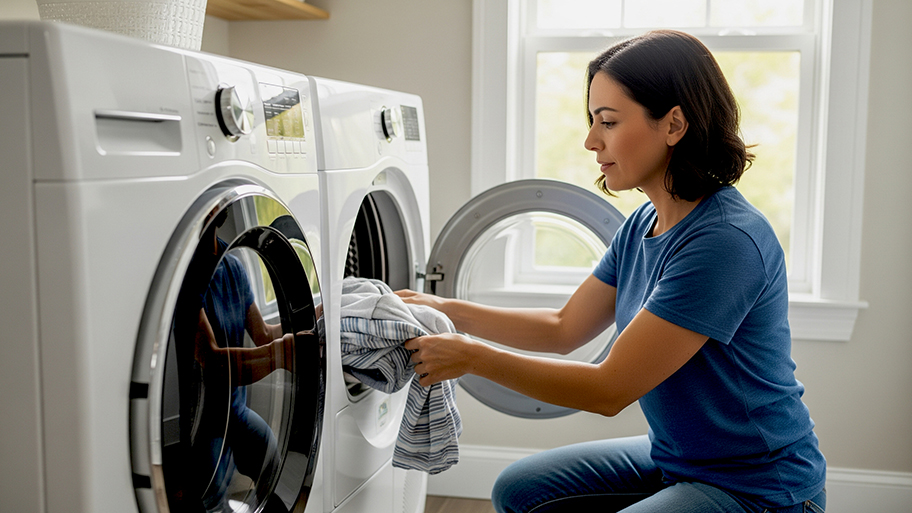
Get matched with top gas log pros in Westminster, SC
Enter your ZIP and get matched with up to 5 pros
Need a pro for your gas log service project in Westminster, SC?
Verified Reviews for Gas Log Service pros in Westminster, SC
*The Angi rating for Gas Log Service companies in Westminster, SC is a rating based on verified reviews from our community of homeowners who have used these pros to meet their Gas Log Service needs.
*The HomeAdvisor rating for Gas Log Service companies in Westminster, SC is a rating based on verified reviews from our community of homeowners who have used these pros to meet their Gas Log Service needs.
Last update on December 05, 2025
Find Gas log pros in Westminster
Quick Fix Handyman
Quick Fix Handyman
Qualified Handyman and Licensed Electrician. Specializing in Odd Jobs, Home repairs, and residential electrical work.
Qualified Handyman and Licensed Electrician. Specializing in Odd Jobs, Home repairs, and residential electrical work.
HEAVENLY AIRE
HEAVENLY AIRE
Family Owned business since 2000.
Family Owned business since 2000.

PECO HEATING and COOLING
PECO HEATING and COOLING
We aren't working for Angie's list any more
"Absolutely great, as with Joey's last two visits. This young man really knows what he's doing, and it's wonderful to be able to rely on him when electrical problems exceed my limited DIY skills."
Jimmy M on August 2022
We aren't working for Angie's list any more
"Absolutely great, as with Joey's last two visits. This young man really knows what he's doing, and it's wonderful to be able to rely on him when electrical problems exceed my limited DIY skills."
Jimmy M on August 2022
The homeowners guide to home care is here
From average costs to expert advice, get all the answers you need to get your job done.

Replacing a dryer belt costs more than just the part unless you can DIY it. The labor cost can easily surpass 90% of the product cost, so if you are handy with tools, try it yourself first.

Depending on repair needs and machine age and type, the cost to replace a heating element in a dryer can vary. Learn the average repair costs.
 •
•Discover the cost to install washer and dryer hookups. Learn about price factors, labor, materials, and tips to save on your laundry room project.

Learning how to remove an oven door makes it easier to clean or repair it. Follow these steps to remove your oven door without damaging it.

Did you leave the gas on? If you went out and forgot to turn off the stove, don’t panic. Instead, remain calm and follow a few basic steps.

If you notice your dryer vent leaking water, you could be prone to mold growth and water damage. Use this DIY guide to remedy the issue right away.
- Madison, SC Gas log pros
- Martin, GA Gas log pros
- Seneca, SC Gas log pros
- Walhalla, SC Gas log pros
- Clemson, SC Gas log pros
- Eastanollee, GA Gas log pros
- Toccoa, GA Gas log pros
- Lavonia, GA Gas log pros
- Townville, SC Gas log pros
- Bowersville, GA Gas log pros
- Central, SC Gas log pros
- Pendleton, SC Gas log pros
- Tamassee, SC Gas log pros
- Lakemont, GA Gas log pros
- Six Mile, SC Gas log pros
- Norris, SC Gas log pros
- Carnesville, GA Gas log pros
- Hartwell, GA Gas log pros
- Mount Airy, GA Gas log pros
- Tiger, GA Gas log pros
- Clayton, GA Gas log pros
- Liberty, SC Gas log pros
- Sunset, SC Gas log pros
- Anderson, SC Gas log pros
- Royston, GA Gas log pros
- Clarkesville, GA Gas log pros
- Canon, GA Gas log pros
- Plumbing in Westminster
- Roofing in Westminster
- Tree Service in Westminster
- Electrical in Westminster
- Cleaning in Westminster
- Kitchen And Bath Remodeling in Westminster
- Septic Tank in Westminster
- Fencing in Westminster
- Home Builders in Westminster
- Swimming Pools in Westminster
- Deck Maintenance in Westminster
- Lawn And Yard Work in Westminster
- Pest Control in Westminster
- Pressure Washing in Westminster
- Excavating in Westminster
- Landscaping in Westminster
- Garage Doors in Westminster
- Moving in Westminster
- Mold Testing And Remediation in Westminster
- Siding in Westminster
- Drywall in Westminster
- Painting in Westminster
- Lawn Irrigation in Westminster
- Handyman Service in Westminster
- Windows in Westminster
- Stone And Gravel in Westminster
- Land Surveying in Westminster
- Foundation Repair in Westminster
- Sewer Cleaning in Westminster
- Locksmiths in Westminster
- 🌱 "Mow a small front yard"
- 🛠 "Fix a leaking pipe under the sink"
- 🏠 "Repair shingles on an asphalt roof"

